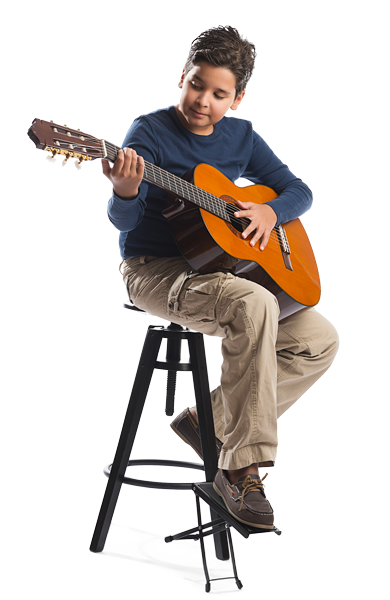
If your child is not a client of a PSC, you can fill out the form and go on the waiting list. If a spot comes open, a worker will contact you.
If your child is a client of a PSC you can ask your worker directly.
Social pediatrics doesn’t stop with medical treatment from a pediatrician. It’s a service that includes a number of disciplines that take into account each child’s situation as a whole. So a psychosocial caseworker or social worker is assigned to each case and attends all the child’s clinic appointments. They also work closely with the family and become the referring party for usual needs and requests.
The pediatrician, nurse, psychosocial worker or social worker, lawyer (if needed), school access centre coordinator (if needed) and music practitioner (if needed) are present at the clinic, as well as all the external stakeholders (school, CPS, CLSC, etc.) in collaboration with the family. The goal is to bring together all the significant players in the child’s life to optimize the intensity and fluidity of those interventions required to develop the child’s full potential.
Social pediatrics services are provided for vulnerable children and their families who can’t obtain the services that meet the children’s needs through the public system. Each case is unique and the clinical team will perform a pre-assessment of each situation. You don’t have to be referred by a professional to request service.
The social pediatrics lawyer-mediator doesn’t represent clients before the courts. She can equip children and their families with their rights and with approaches to prevent and resolve conflicts. The lawyer-mediator can also coach them through understanding the various legal procedures and systems.
This service doesn’t provide help with homework. Instead, it provides remedial help to children with major learning delays, very often associated with a learning or language disorder or with another diagnosis that would have an impact on success in school.
These services are reserved for client children.
Screening is offered in the schools during music class. Parents are sent a form at the beginning of the year to authorize us to observe their child or not. Priority may be given based on the practitioners’ observations during classes at the school, but this isn’t automatic if no difficulties are observed.
Day camps held during the summer, on professional development days and during school breaks are exclusively for children who are clients of a PSC. Spots are very limited, so children who are not clients cannot enroll in these activities.
Saturday is reserved for preschoolers. Spots are very limited, so only client children have access.
The social pediatrics approach comes with the notion of community. However, families living outside the service area will be assessed on a case-by-case basis, depending on their needs, the resources available in their area and the level of motivation. Humanitarian cases are also accepted following the same criteria.

